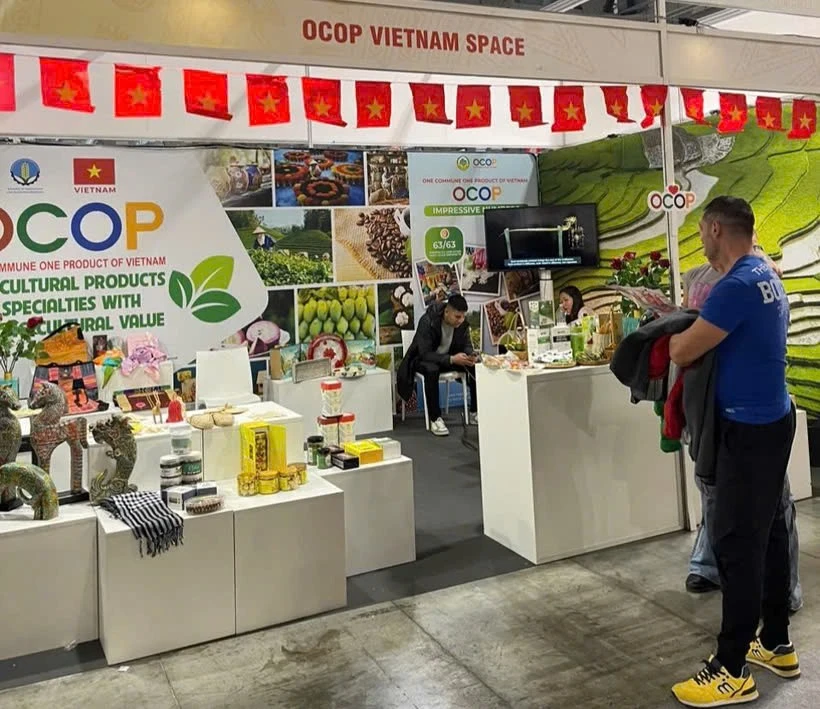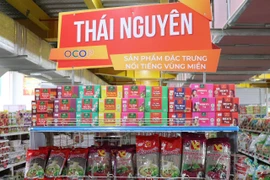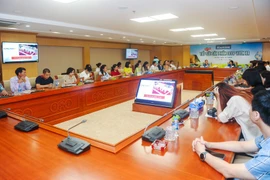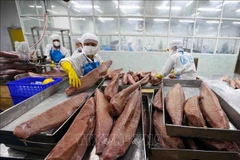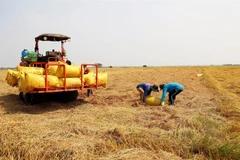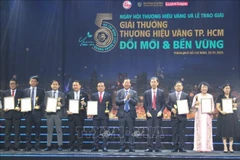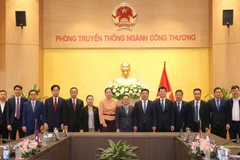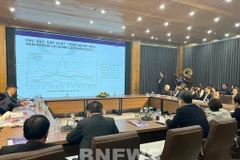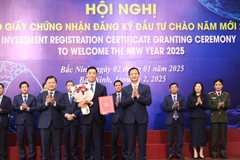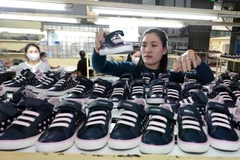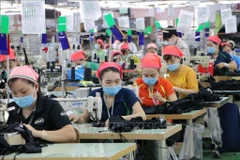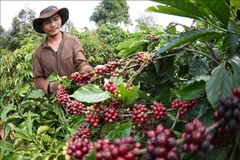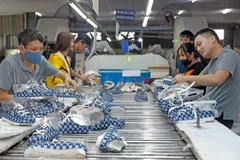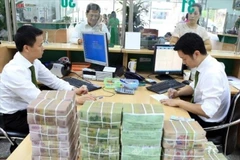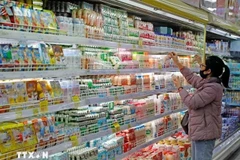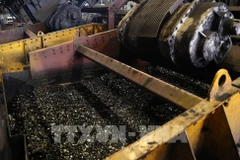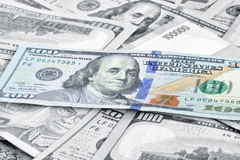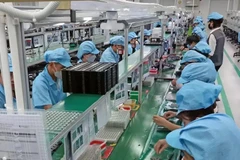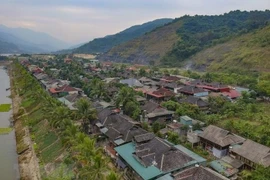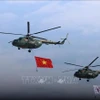Hanoi (VNA) - Vietnam exported 12,471 tonnes of organic goods to the European Union (EU) in 2023. This makes up only 0.5% of total EU imports, signaling significant potential for growth. However, with new EU regulations set to take effect in 2025, Vietnam’s organic agricultural practices must be adjusted to meet these standards to maintain access to this lucrative market.
The information was released at a recent seminar titled “Developing Organic Agriculture and Ecological Farming in Vietnam” held on December 5 in Hanoi. The event, co-organized by the Italian Embassy in Vietnam and the UN Food and Agriculture Organization (FAO), formed part of the 2024 Italian Food Week in Vietnam.
Between 2020 and 2023, organic imports from Vietnam to Italy grew more than 3.5 times. In 2020, Italy imported just 61.2 tonnes of organic products from Vietnam, but the number surged to 278.4 tonnes last year. These figures reflect a growing demand for key organic products such as pepper, spices, cashews, cocoa, and rice in the EU.
Despite this growth, the EU has introduced tighter regulations for organic imports. Starting in 2025, new rules will come into force, requiring countries like Vietnam to adjust their organic production practices in order to continue exporting to the EU. These regulations will focus on promoting organic products and validating certification of origin. EU authorities are also tightening control over certifying bodies and the certification process, making it more challenging to comply with the new standards.
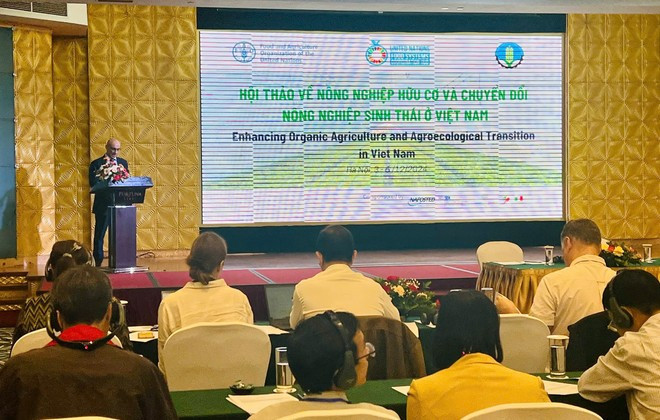
Renzo Moro, an agricultural expert at the Italian Embassy in Vietnam, highlighted the importance of these changes. The new EU regulations will pose challenges for developing countries like Vietnam, but they also present an opportunity to improve the organic supply chain, he said. The regulations focus on ensuring the traceability and authenticity of organic products. The implementation of these standards will have a direct impact on producers and exporters.
To help Vietnam comply with these new requirements, experts from Italy will share their knowledge on export procedures and best practices. Italy has been importing organic products from Vietnam for several years, and the new EU regulations will require both countries to work together more closely, Moro added.
Aldo de Luca, Deputy Ambassador of Switzerland to Vietnam, emphasized Switzerland’s ongoing commitment to developing an environmentally friendly agriculture. Switzerland has supported various initiatives in Vietnam, including quality enhancement programmes for agricultural products, assistance for medium- and large-sized businesses and farm households, and research collaborations on organic farming technologies.
He affirmed Switzerland’s continued commitment to supporting Vietnam in promoting organic agriculture and transitioning to ecological farming. These cooperation programmes will enhance resilience to climate change, ensure food security, and protect biodiversity.
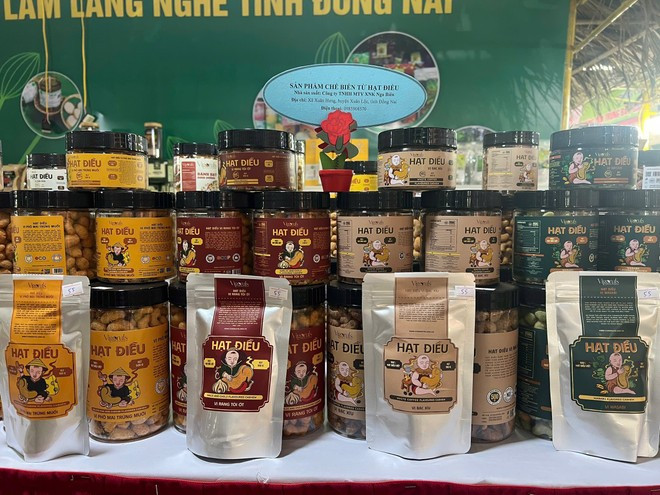
The Vietnamese Government is also taking significant steps to support organic agriculture and ecological farming. Bui My Binh, Director of the International Cooperation Department under the Ministry of Agriculture and Rural Development, outlined Vietnam’s National Action Plan for transforming its food system into a more sustainable and transparent model by 2030. The plan includes a number of specific objectives aimed at adapting agriculture to climate change, improving food safety, and reducing food waste.
The focus on ecological farming and sustainable resource management is part of Vietnam's broader strategy to increase resilience to climate change, ensure food security, and protect biodiversity. The government’s goals align with global trends toward more sustainable agricultural practices, and the transition to organic and ecological farming is central to this vision, she said./.
